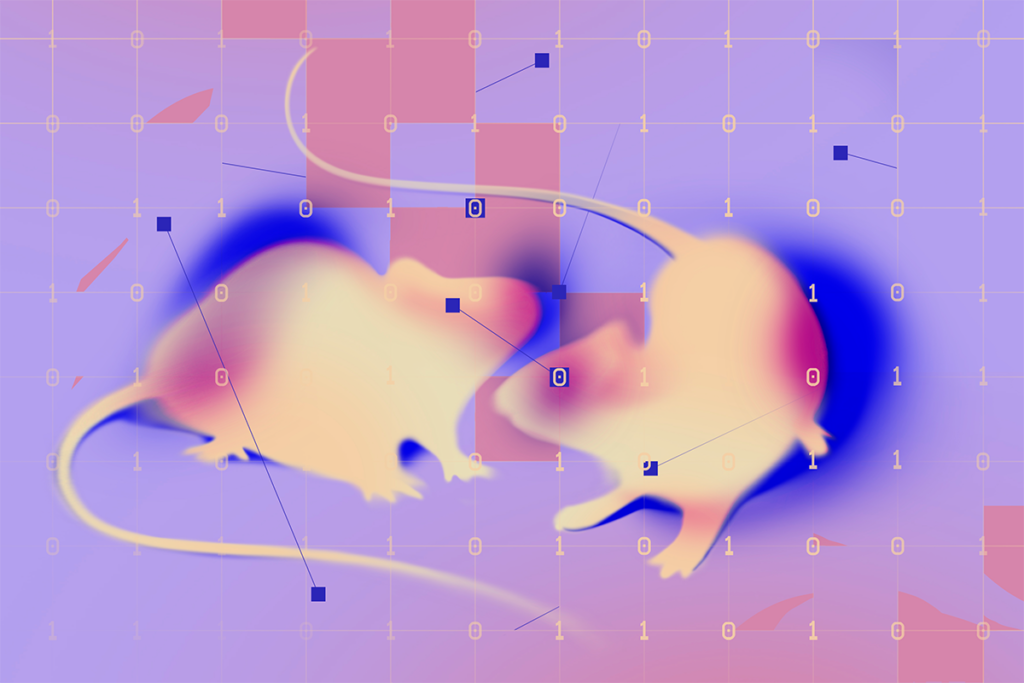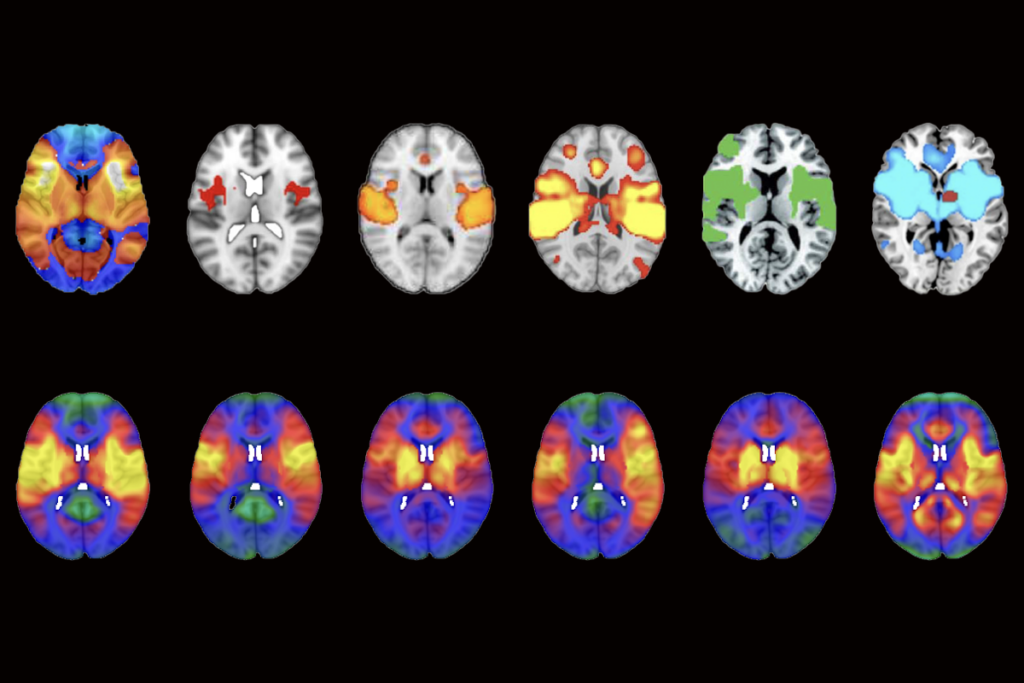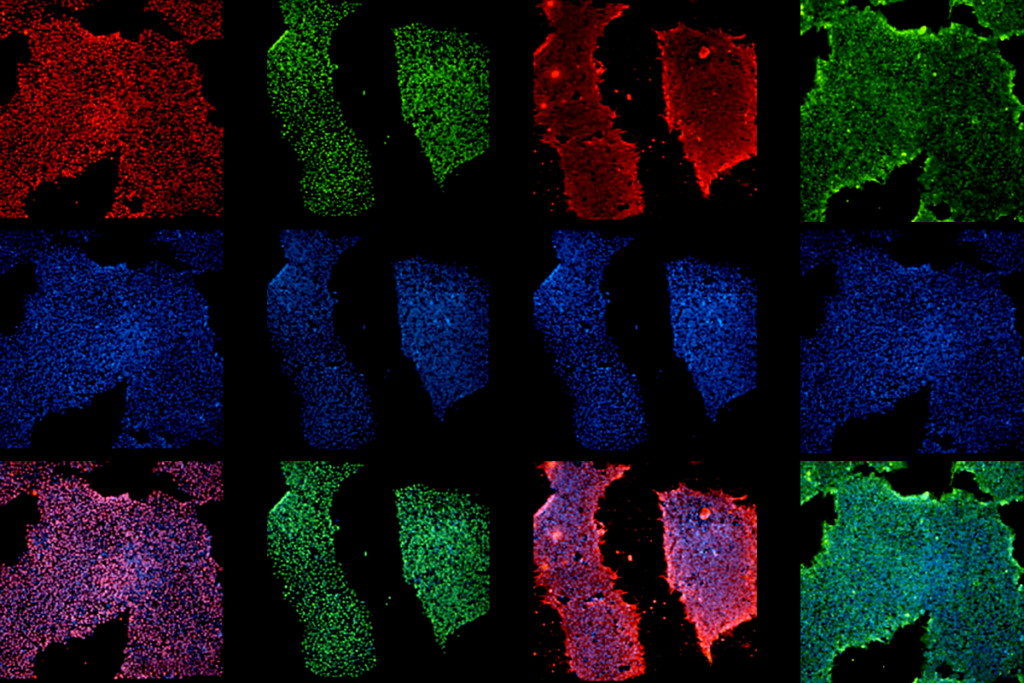This article is more than five years old.
Neuroscience—and science in general—is constantly evolving, so older articles may contain information or theories that have been reevaluated since their original publication date.
An interview for diagnosing adults on the spectrum clears its first hurdle, a fragile X drug eases multiple features of the syndrome in a mouse model, and a brain bank chronicles the beautiful diversity of neurons.
The pill, called Abilify MyCite, has an embedded sensor that, when swallowed, alerts a skin patch, which relays the information to a smartphone. The digital tracking is intended to help people recall whether they have taken their pill.
The FDA noted in its approval announcement, however, that no evidence yet confirms that the tracking improves medication adherence.




